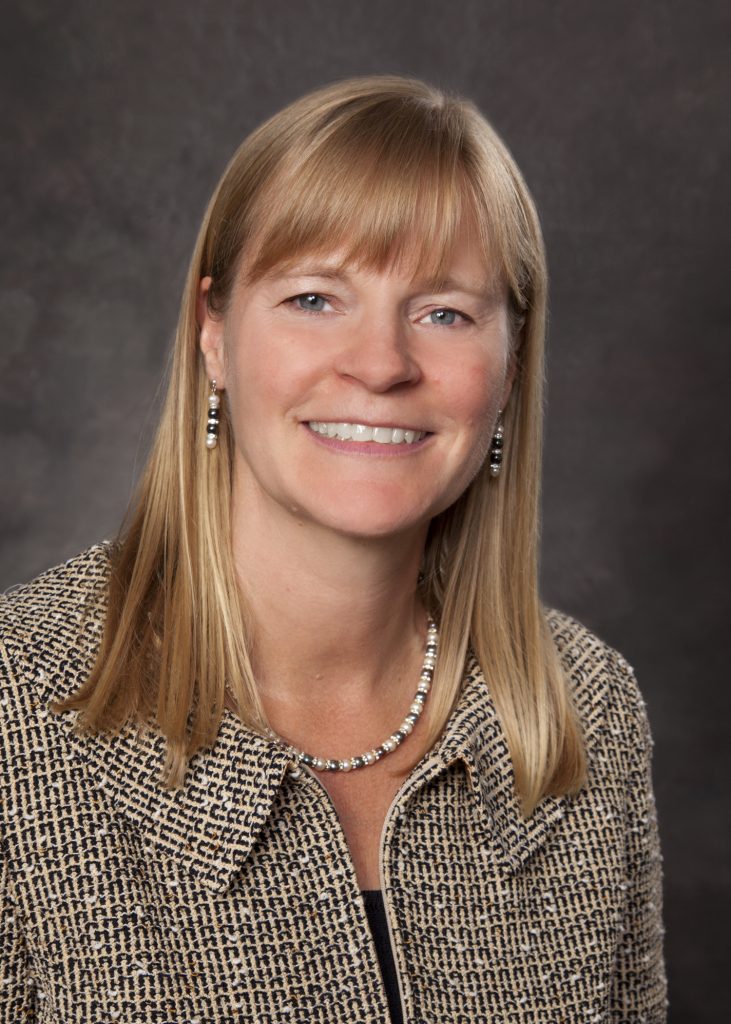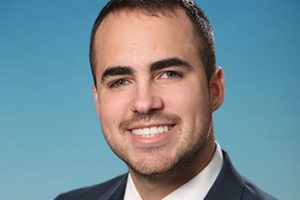
WHY DID YOU BECOME AN ACTUARY?
People sometimes ask why I became an actuary. I have a funny story about that. In grade school, I asked my dad, also an actuary (William Halvorson) if he made $50,000 a year. This was in the 1970s. He laughed and said, “Yes, dear.” Since I was good at math—and because $50,000 a year seemed like all the money in the world—I stuck with that plan.
DESCRIBE A CHALLENGE YOU HAVE OVERCOME.
In the middle of my career, I was chief actuary at a health plan. We did regular financial projections to estimate what might happen with our financials by the end of the year. We knew from the beginning that the budget was very aggressive, and we might have difficulty meeting budget. And every quarter we were short. At the end of the third quarter, we did another projection, and my boss (the CFO) wanted a higher profit number. I argued with him, begging him to give me one more morning to convince him to go with our value, and he said OK … at first. But in the morning, before work, he had left me a voicemail saying we were not changing the profit number. I replied that he would have to let me tell him, “I told you so.”
A month later, when the results were projected to be right where my team said they were going to be—short of estimates—the CEO said in a big meeting, “Audrey, what’s wrong with your numbers?” And the CFO said … nothing. I realized then the value of good documentation. I had all of our estimates documented, along with the changes the CFO had made. The values he changed were the projected administrative expenses, so those were not “actuarial” in nature, but I felt the pressure many actuaries feel. It was extremely uncomfortable. We never changed the claims projections under pressure, but I don’t think the CEO ever learned that the CFO and the chief actuary disagreed. I made a pact with the CFO that if we ever disagreed in the future, we would discuss it together with the CEO.
WHAT DO YOU ENJOY THE MOST ABOUT BEING AN ACTUARY?
Part of the job that I love the most is the challenge of finding a solution to a financial/actuarial/business/mathematical problem. Even now, coming up with “what makes sense”—or more appropriately, “what is not unreasonable”—is fun. And discussing it with other actuaries also makes it fun, because you continue to learn with every challenge provided.
SHARE SOMETHING ABOUT YOURSELF.
When I’m not busy in the office, I downhill ski, read, play piano, garden, raise bees, make cheese, can preserves, and drive my tractor!
WHAT ADVICE WOULD YOU SHARE WITH YOUNG ACTUARIES?
To new actuaries: Ask questions every chance you get. Don’t “assume.” Find out why your boss thinks an answer is right or wrong. Learn the basic underpinnings of solutions. Discuss with your partners/workmates. Laugh every chance you get. And remember that it’s easier to find a new job than a new profession. Be aware of your responsibilities as an actuary to the public, to your company, to yourself. And read the Code of Professional Conduct.



